You signed up for your first freediving course! Now what?
by Tim Andrews
I hear this question (or some version of it) all the time: I’m taking my first freediving course, what should I do to prepare?
I seem to get asked this question by students mostly because they’re worried they won’t be able to hold their breath long enough to pass the course. This couldn’t be further from the truth. Virtually everyone, without any training, has the physical capacity to perform the breath holds required in a beginner freediving course (like the PFI Freediver Course). It’s generally mental anxiety that limits a beginner student’s breath hold. It’s for this reason I generally don’t tell my students what the requirement is. Of course, it’s not a secret, you can look it up for yourself, but why place that pressure on yourself?!?
As long as you enter the course with an open mind, listen to the techniques your instructor gives you, and trust that you’re in a safe environment during the course, your breath holds will be over before you know it! Are there things you can do to increase your breath hold? Absolutely! Your instructor will discuss some of them during your course. Keep in mind practicing them without direction or before you’ve mastered the breathing techniques you’ll learn in class can build bad habits and imprint a less than great experience on your memory for all things related to apnea.
So, what should you do to prepare?
Work on equalization! There are a ton of great resources out there to learn and master the Frenzel Equalization technique. Ask your instructor to recommend some to you. Speaking from experience as both a student and an instructor, equalization is unquestionably the most challenging part of a freediving course, especially for beginners. If you scuba dive, you probably learned how to equalize using the Valsalva technique (pinch your nose and blow), which is great for scuba but will leave you frustrated when it comes to freediving.
Personally, I think you need to give yourself a couple of weeks before your course to really master the Frenzel technique. It may take you anywhere from a few minutes to several days to learn to perform Frenzel and you may need to walk away for a day or two if you’re struggling and frustrated. Once you’ve got it figured out, don’t stop there! Keep practicing until it’s second nature. Can you imagine learning to juggle while riding a unicycle (while holding your breath)… before you even know how to ride a unicycle? That’s kind of how your freediving course will feel if you can’t equalize. Trust me; it’s worth the time spent before the course. Don’t be afraid to reach out to your instructor if you are having a difficult time. That’s not uncommon.
Equipment
Next, make sure you have appropriate equipment for the course. The equipment requirements for the PFI Freediver Course aren’t very strict – and for good reason! We don’t want you to have to spend all your hard-earned money before you even know if you like Freediving (although, we know you will LOVE IT!!). You need:
- a mask
- snorkel
- fins
- a wetsuit (as appropriate for the local environment)
- weight belt
Make sure you talk to your instructor. They’ll have some great recommendations on what you should bring. Many instructors even have gear you can use or rent during the course to make sure you’ve got the right stuff. There are, however, a couple pieces of equipment that you definitely want to get right. I’m fortunate enough to live in Hawaii (tropical paradise!) and several of my students have tried to use scuba or surf wetsuits, sometimes even shorties. They tell me that they use them all the time and that they stay warm.
The problem is that they don’t use them while freediving. That 2mm shorty may be warm while paddling out to catch that next big wave, but what about floating face down in the pool not moving a single muscle? That 3mm scuba wetsuit is probably great on your 35 minute wreck dive, but will it be warm enough for 3 hours and flexible enough for you to take a peak inhalation (don’t worry, you’ll learn what that means)? If you’re going to struggle with the length of your breath hold, it’s because you are shivering and your lips are blue… even in tropical paradise. Listen to your instructor’s advice when it comes to a wetsuit.
The other piece of equipment you don’t want to get wrong is your mask. Make sure your mask fits well and is comfortable. Dealing with water in your sinuses or pain on your forehead will not make for a fun course. You don’t need to go and buy the most expensive mask on the market, but the mask you use must fit well and be comfortable enough to wear for several hours. If you are purchasing a new mask, you should look for a low-volume freediving mask.
Last, if you need to purchase or rent a weight belt, make sure to get a rubber one. You’ll be frustrated and ready to donate that nylon one to Poseidon after the first dive or two if you don’t. Of course, all of this is covered in your course material, which brings me to my next item.
STUDY
Don’t forget to study! The PFI e-learning courses are a wealth of information and taking the time to learn the material before your course begins will really help you get the most out of the time you get to spend with your instructor. The PFI Freediver Manual contains the same great information but without the videos and quizzes.
Finally, make sure you’re healthy and physically ready for your course. This can be especially important if you’re flying to your course location. If you can, I recommend you arrive a day or two early to give yourself time to recover from the flight. Make sure you’re well hydrated. This likely means drinking far more water than you’re used to, especially if you came from somewhere cold arriving somewhere tropical (and sweaty). According to the Mayo Clinic’s website, “the National Academies of Sciences, Engineering, and Medicine determined that an adequate daily fluid intake is about 15.5 cups (3.7 liters) of fluids for men and about 11.5 cups (2.7 liters) of fluids a day for women.” That’s nearly 3 quarts (women) to a whole gallon (men), although approximately 20% of that will come from food sources.
After all of that, get plenty of rest and show up ready to learn. Welcome to the incredible world of Freediving!

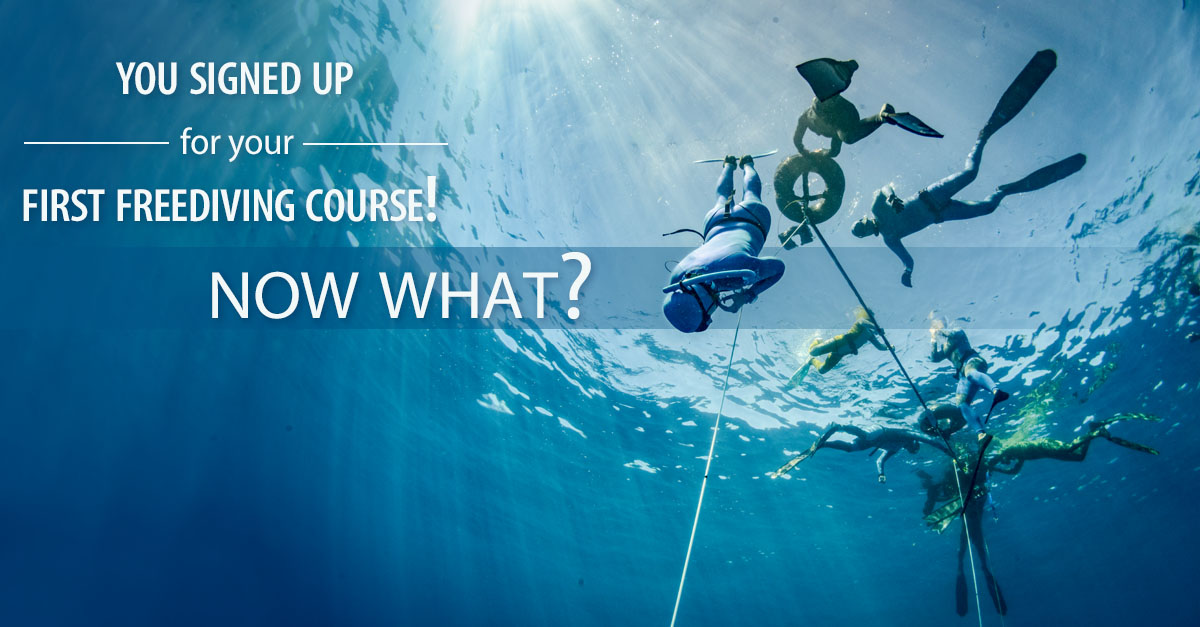
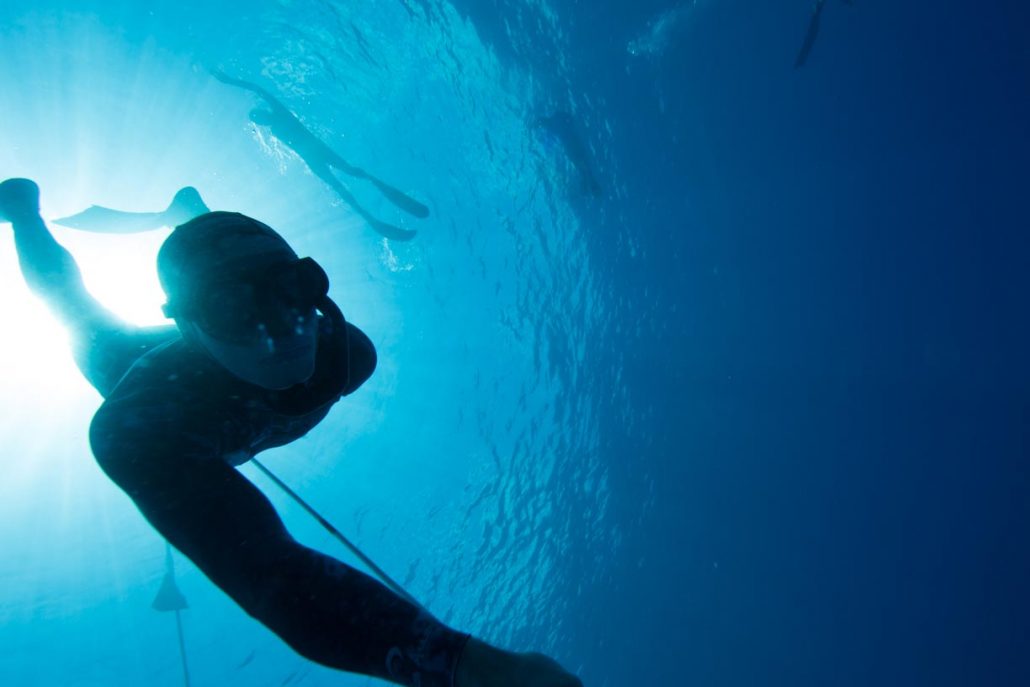

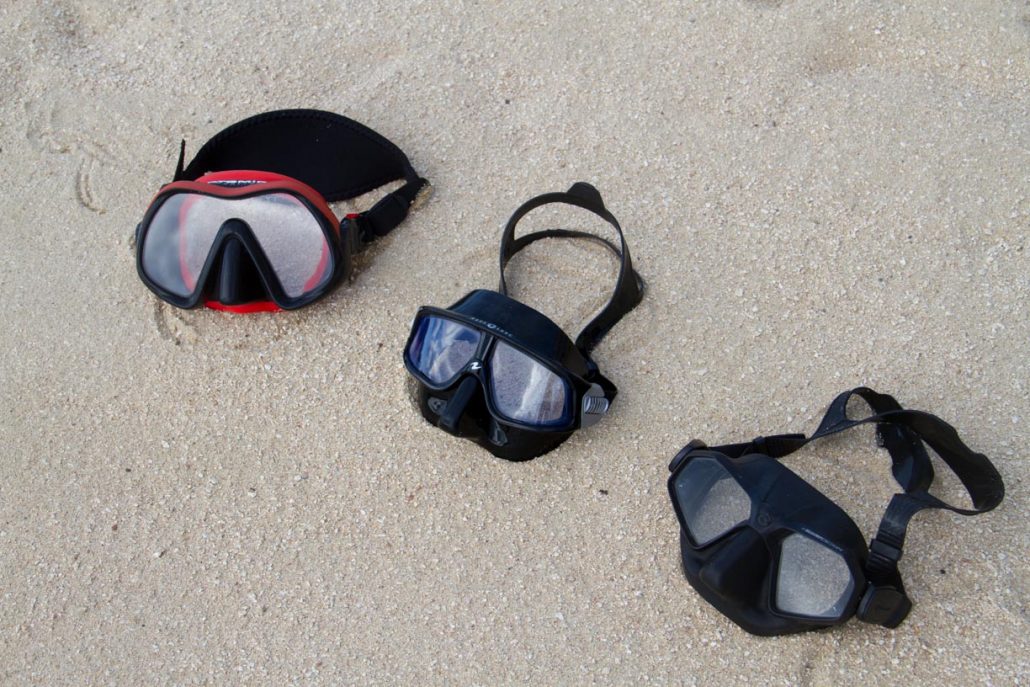





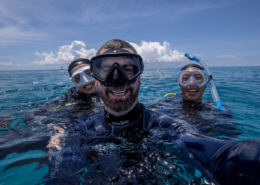 William Drumm/ International Training
William Drumm/ International Training
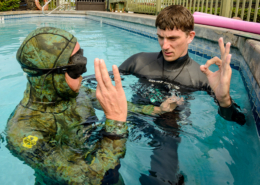
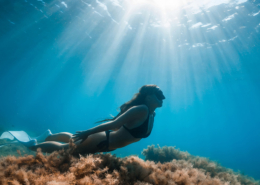
发表评论
想加入讨论吗?请发表您宝贵的意见!